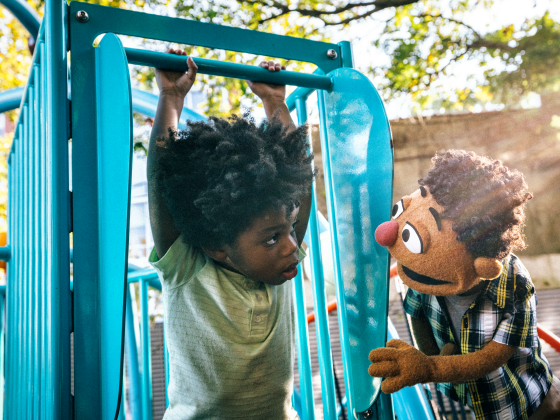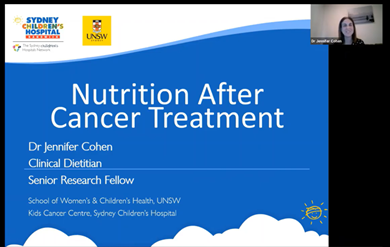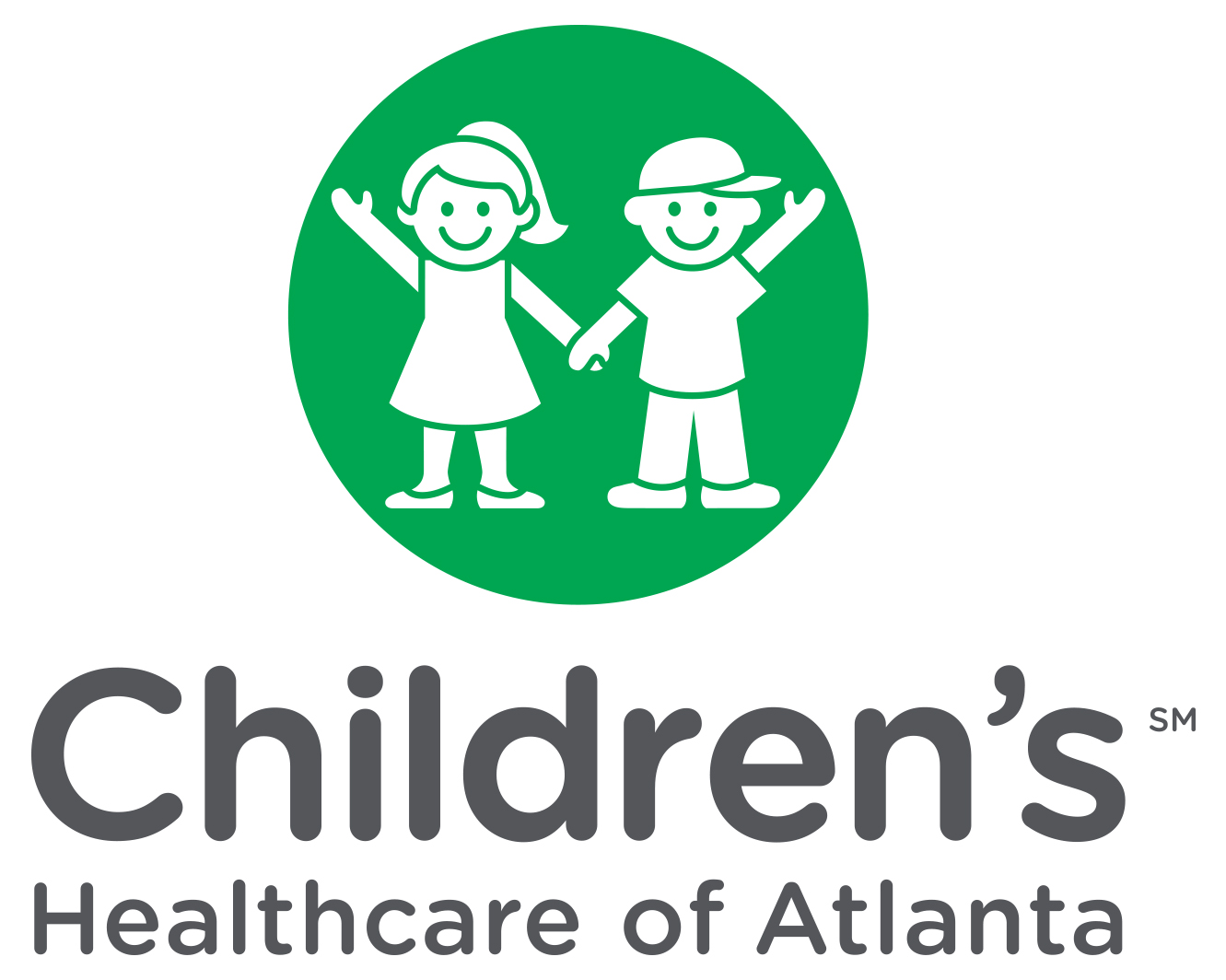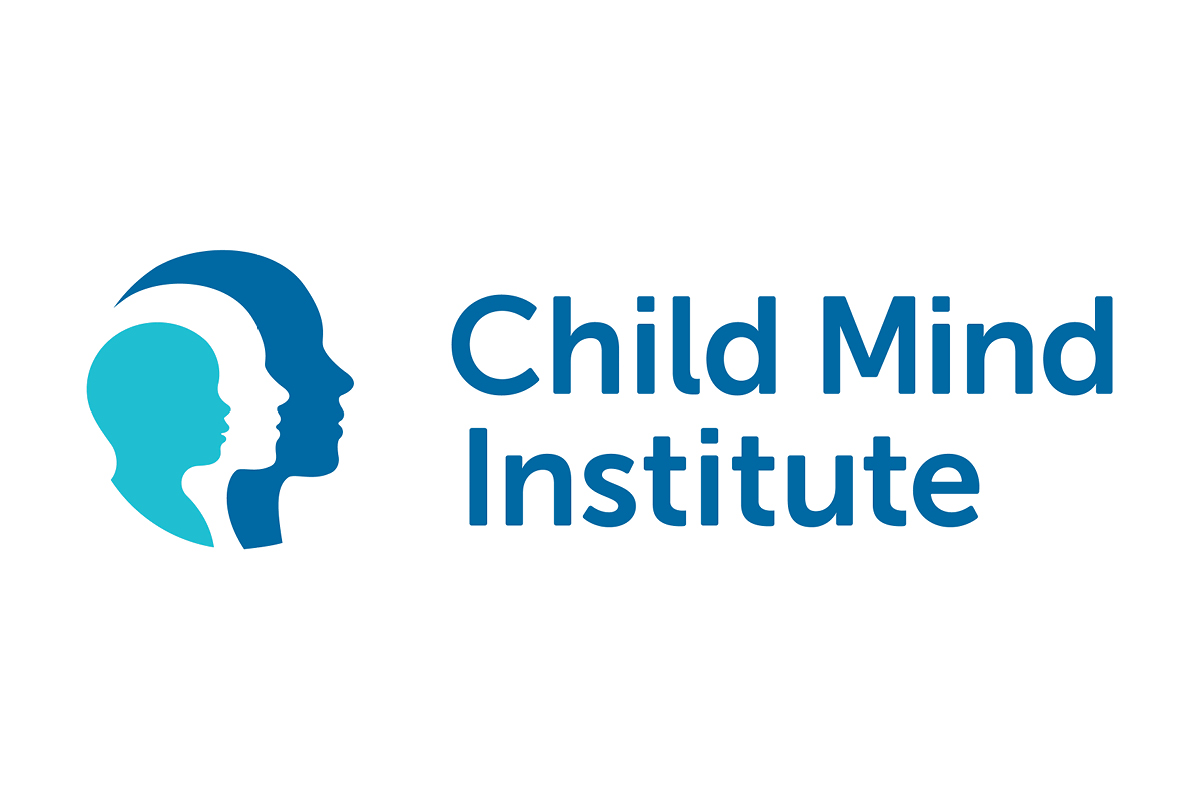
Physical Activity
Children love to move—anywhere, anytime! Being active together helps channel kids’ natural energy and keeps them healthy and strong.

Children love to move—anywhere, anytime! Being active together helps channel kids’ natural energy and keeps them healthy and strong.

This presentation provides parents and caregivers with a greater understanding of their child’s nutritional needs following treatment for childhood cancer.

Lifestyle factors such as nutrition and dietary intervention are already recognized as key factors in secondary prevention. This article focuses on the possible role of

Sleep disruption is a commonly reported consequence of cancer and its treatment in pediatric patients and survivors. This review summarizes common sleep concerns in this

Cognitive impairment is frequent in pediatric cancer, and behavioral and psychological disturbances often also affect children who have survived cancer problems. Sleep disturbances/disorders are common.

Some experience delayed reactions after traumatic events, which may include depression, fatigue, nightmares, and even the development of sleep disorders. While sleep issues after a

Good sleep habits are important for childhood cancer survivors and help maintain a healthy lifestyle.

At any age, children need to have a bedtime routine, and a supportive environment for sleep. It helps children learn, concentrate, and manage their behavior